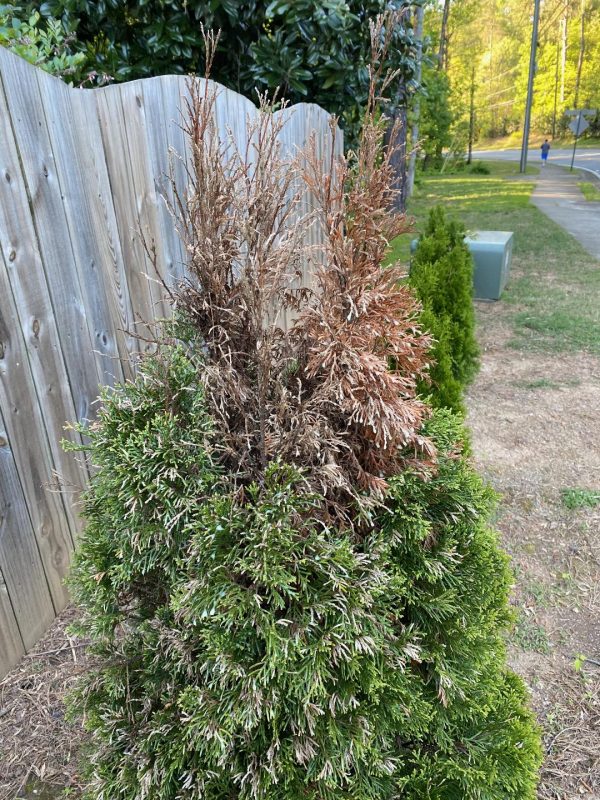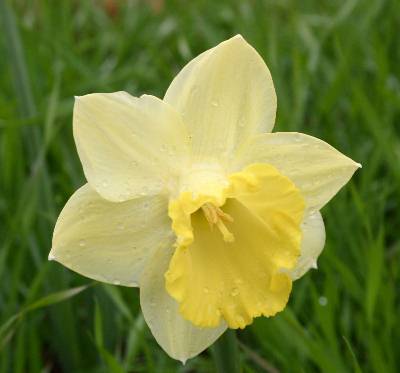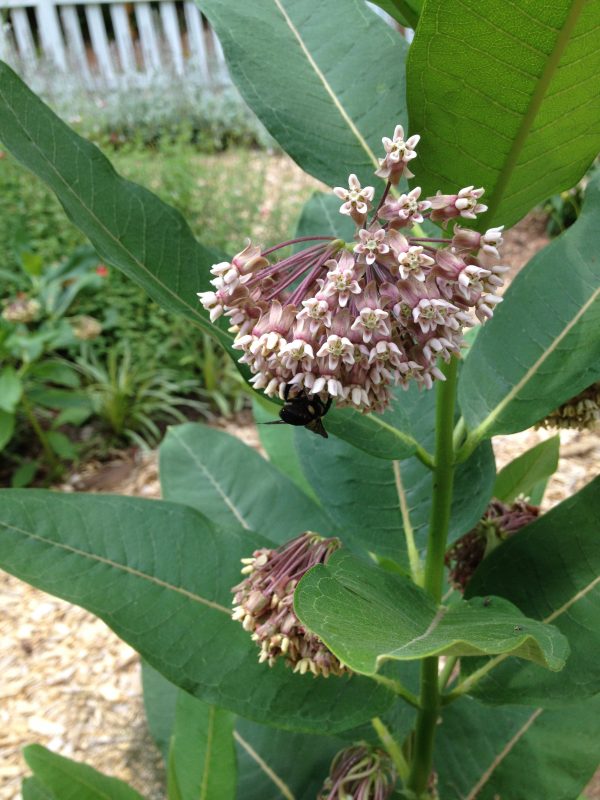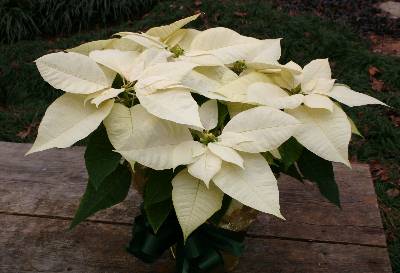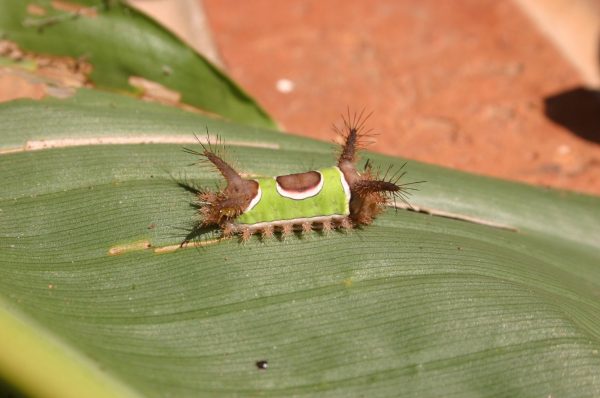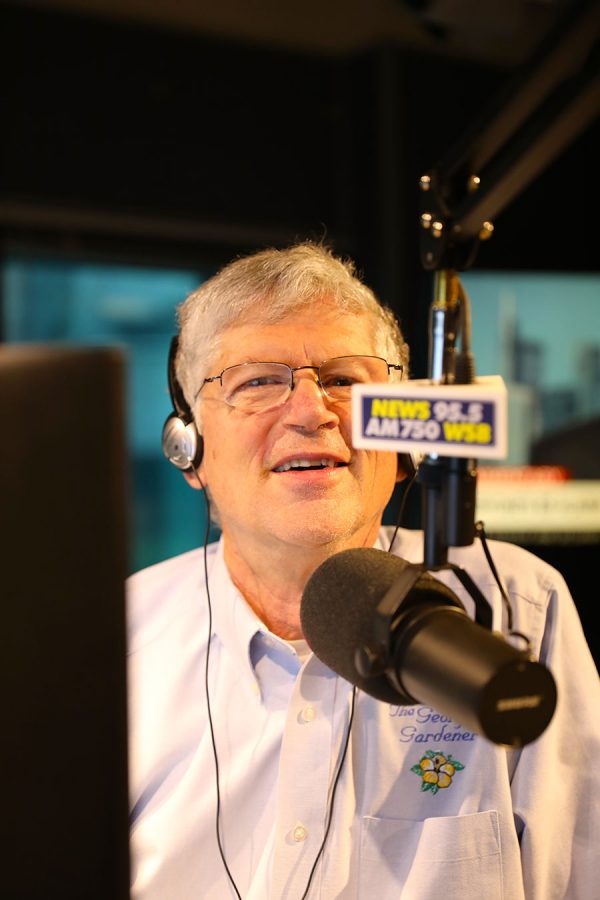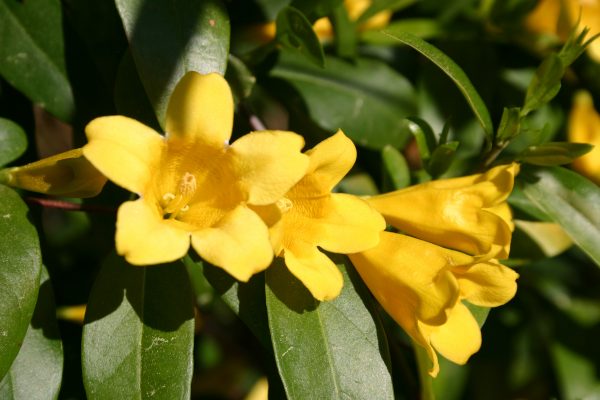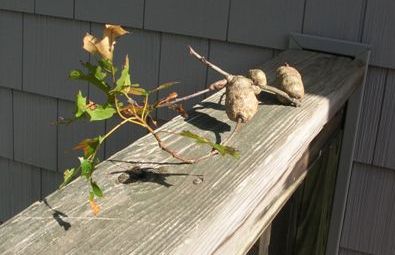Turfgrass – Bleeding If Cut at Night
Q: Is it a fact that you should cut your lawn at dusk or later to keep grass blades from bleeding?
A: You’ve asked an interesting question but I have no idea of the correct answer. Instead, I turned to turf expert Clint Waltz.
He says your proposition is more myth than truth. Late afternoon mowing may, in fact, lead to more “bleeding” because of dew, guttation, and exudation the following morning. Dew is the accumulation of visible atmospheric moisture on leaf surfaces. It is the result of several processes occurring independently or together. Relative humidity, air temperature, and soil moisture all contribute to intensity of dew formation.
Guttation involves the diffusion of plant moisture through openings, called hydathodes, at the ends of uncut leaves. This occurs when water uptake by the roots exceeds loss by transpiration. The result is a pressure build up within the leaf and the plant then relieves itself by releasing guttation. This can occur at night when evapotranspirational water loss is low.
When leaves are cut, removing the hydathodes, plant moisture may still diffuse through openings at the wound site. This is called exudation. Guttation and exudation, together may be considered the “bleeding”, both contain minerals and simple organic compounds from within the plant. Chlorophyll, the compound the provides the plant its green color, is not leaked to any large degree so mowing morning, noon, or evening, should not affect green color alone.
However, as droplets of guttation or exudation containing these minerals and compounds form on the leaves, these dissolved materials accumulate on the leaf surface and may lead to some burning. When these fluids evaporate, high salt concentrations and leaf burn local to the wound site are common.
This would be another reason to remove morning dew, which probably contains atmospheric water (dew), guttation, and exudation. This can be accomplished by either whipping or a light irrigation. Both methods will dilute the salts and compounds, rendering them less harmful.



